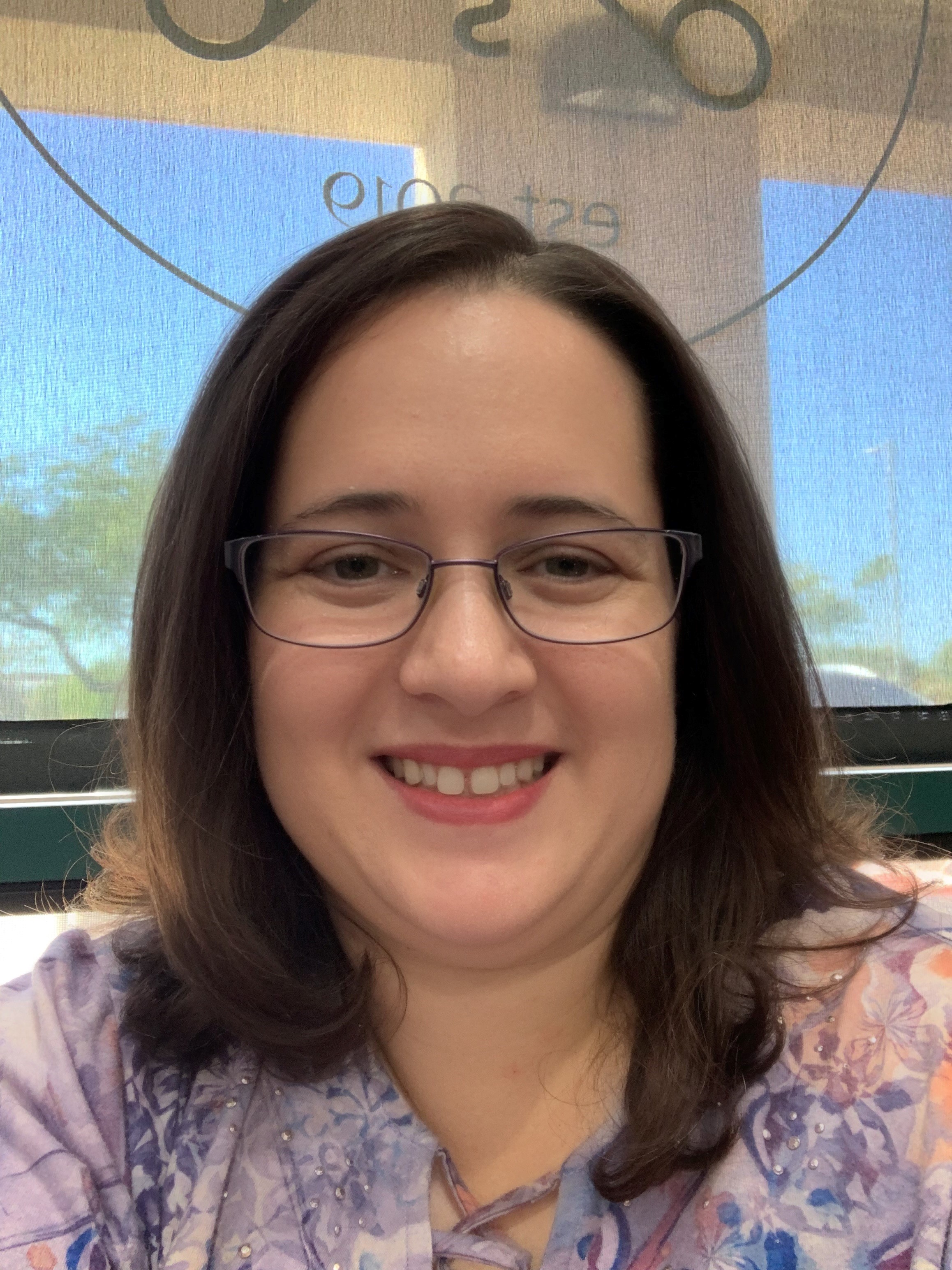Educational Trenches: Surviving and Thriving with Dr. Dana Goodier

Educational trenches – those challenging periods that make educators question their career choice – are a universal experience in the teaching profession. In a recent conversation with Dr. Dana Goodier, educational consultant, author, and podcast host of "Out of the Trenches," we explored the multifaceted challenges facing today's educators and the strategies they can employ to not just survive but thrive in their careers.
Dr. Goodier brings 25 years of educational experience to the table, having taught French, English, and ESL before moving into administrative roles. Her podcast and book "Out of the Trenches: Stories of Resilient Educators" provide a platform for educators to share their stories of resilience and growth through difficult professional periods. This extensive background gives her unique insight into the educational landscape and the common struggles that can lead to burnout.
The educational trenches, as Dr. Goodier defines them, are those tough periods when an educator questions whether they should remain in the profession. While the pandemic has accelerated educator departures, these challenging periods have always existed in education. The key difference today is the growing recognition of educator burnout and the importance of self-care and support systems. Dr. Goodier emphasizes that support during these trench periods may not come from within one's school but could be found through virtual meetups, professional organizations, or personal hobbies that provide necessary distance from work.
Networking has evolved significantly in education, with platforms shifting from Twitter to BlueSky and specialized networks like Teach Better Team providing blogs, podcasts, and professional development opportunities. Dr. Goodier highlights the importance of diversified communication strategies – using social media, email blasts, and word-of-mouth to reach educators where they are most comfortable. This multi-platform approach ensures that valuable resources and support reach those who need them, regardless of their preferred communication method.
Women in educational leadership face distinct challenges that Dr. Goodier addressed candidly. The underrepresentation of women in secondary school principalships and district leadership positions remains a concern. Additionally, women leaders often struggle with the traditional expectations around family responsibilities, which can limit their ability to attend after-hours school events or networking opportunities. Dr. Goodier advocates for creating more speaking and leadership opportunities for women educators who have valuable insights but may lack experience in professional speaking engagements.
Technology presents both challenges and opportunities in today's educational landscape. The recent implementation of cell phone policies in schools (primarily in Western states) represents a long-overdue response to classroom distractions. Similarly, educational institutions are grappling with AI tools like ChatGPT, attempting to develop policies that maintain academic integrity while acknowledging these tools' inevitable presence in students' future careers. The "stoplight method" – green (use freely), yellow (use with limitations), and red (do not use) – provides a practical framework for guiding the use of AI in educational settings.
For instructional designers and those developing professional development, Dr. Goodier offers practical advice: know your audience, focus on outcomes, scaffold learning appropriately, and vary assignment types to accommodate different learning styles. She cautions against the common pitfall of repetitive assessment formats and emphasizes the importance of respecting educators' time during professional development sessions. Her suggestion of blended approaches – combining pre-work, in-person sessions, and follow-up meetings – offers a more effective model than traditional marathon training sessions.
The conversation underscores the importance of flexibility and a growth mindset in education. Dr. Goodier encourages educators and instructional designers to reassess their "why" periodically – their core motivation for entering the field – and to consider exploring different educational contexts if their current position no longer fulfills that purpose. This willingness to step outside one's comfort zone not only promotes professional growth but also builds a more versatile skill set and portfolio.
🔗 Website and Social Links
Please visit Dr. Dana Goodier’s website and social media links below.
Photo by RDNE Stock project: https://www.pexels.com/photo/group-of-kids-sitting-on-chair-in-front-of-table-8363052/



